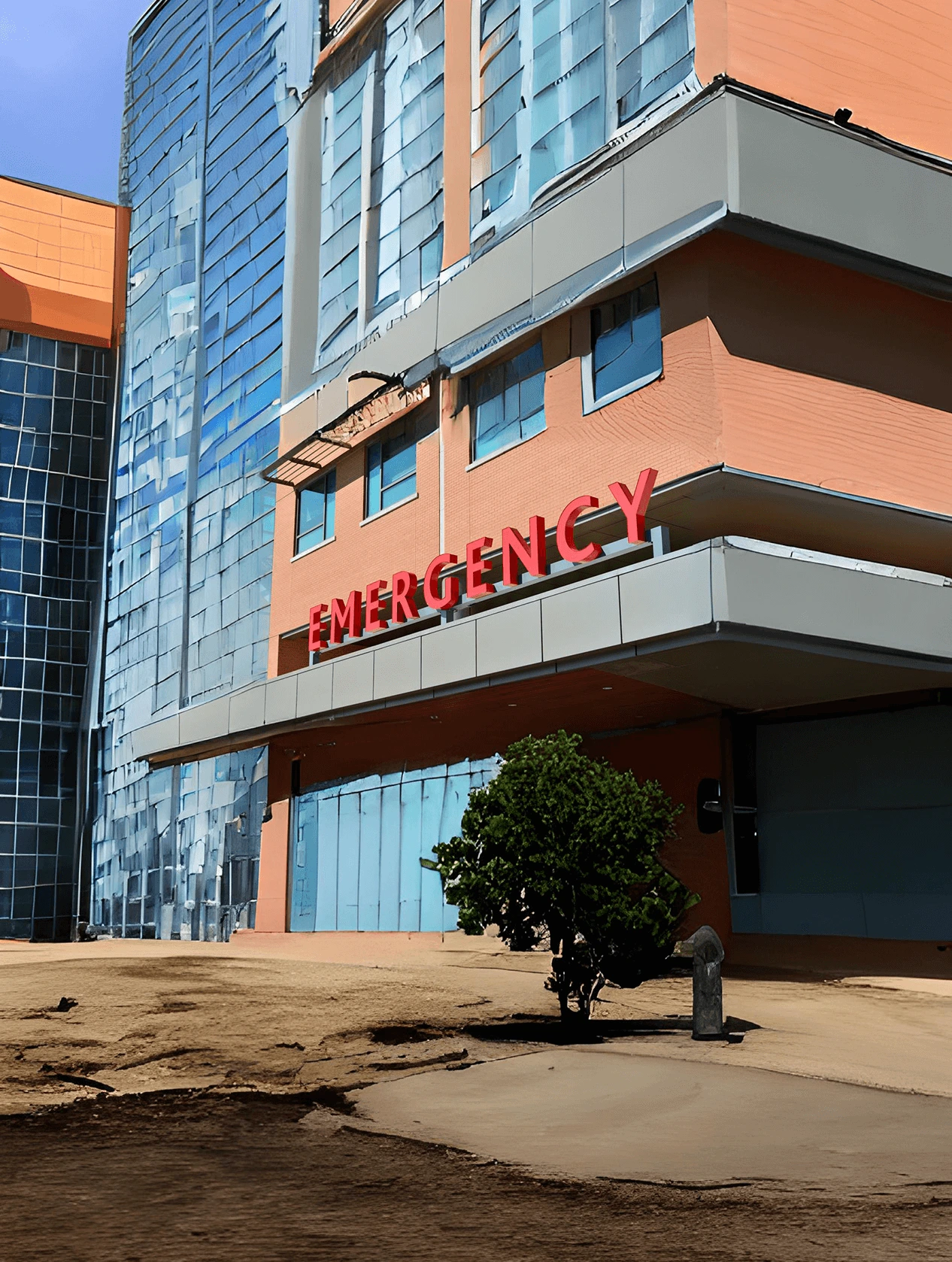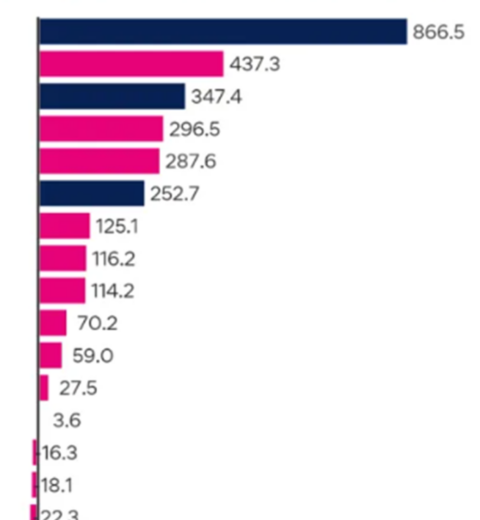Posted 25 February 2023 By Janelle Miles | Article Courtesy: https://www.abc.net.au
It’s the Queensland Health version of Groundhog Day.
Less than four years after a maternity taskforce made recommendations to reform birthing services in rural and remote Queensland, maternity services have deteriorated even further and another “workforce forum” is about to be held to address the ongoing crisis.
Gladstone and Biloela hospitals have both been on a birthing bypass for months and plans to re-establish low-risk deliveries in Weipa for the first time since last century have stalled amid issues with attracting appropriate staff.
Birthing services at the Cooktown Multipurpose Health Service have also been suspended since early last year with no suggestion of them resuming any time soon.
Former LNP health minister Lawrence Springborg spoke about reinstating birthing at Weipa in 2012 during the Newman government years, but a decade on plans to welcome an estimated 70 babies a year have derailed amid chronic recruiting issues.
With the situation only worsening during the COVID-19 pandemic, Queensland maternity consumers will next week join doctors, midwives and representatives of peak bodies and unions at a women’s health workforce forum in Brisbane to do what most of them have done several times before – discuss solutions to the ongoing birthing crisis.
‘It really does feel like Groundhog Day’
Prominent obstetrician Gino Pecoraro has been involved in four reviews of maternity services in Queensland and will also attend the March 2 forum at the State Library in Brisbane.
“It’s always the same thing. It really does feel like Groundhog Day,” Dr Pecoraro, who is president of the National Association of Specialist Obstetricians and Gynaecologists, said.
He’s repeatedly called on Premier Annastacia Palaszczuk to attend the forum but her office says she will be travelling in regional Queensland on the day.
A spokesman for the premier said Health Minister Yvette D’Ath would attend for the government. The ABC has approached Ms D’Ath’s office for a one-on-one interview about maternity issues, but requests have gone unanswered.
Up for discussion at the forum, amid what Queensland Health says are “unprecedented” vacancies, will be what the department describes as a workforce rotational model.
“While still in a conceptual phase, the intent is to recruit additional obstetrics and gynaecology specialists to travel to regional communities, on a rotational basis, to support local facilities,” a department spokeswoman said.
“This would standardise care across the state and provide professional support and development opportunities to staff.”
Four years ago, in the wake of the rural maternity taskforce report, then health minister Steven Miles committed $500,000 to trial programs to allow midwives and doctors to rotate through bigger hospitals to keep their skills current.
By late 2021, when the Rural Maternity Implementation Oversight Committee was disbanded, its final report to Queensland Health stated that $420,000 of the money remained unspent “due to challenges associated with COVID-19 response”.
Rural Doctors’ Association of Queensland president Matt Masel has recently called for the urgent re-establishment of the committee to address the “widening maternity care crisis in Queensland”.
“The crisis has long impacted rural women, babies and their families, has demonstrably impacted regional centres in the latter half of 2022 and continues to worsen in the new year,” Dr Masel said.
“There was already a review completed in 2019 and recommendations released, but since then, progress across the state has stalled and the inequity confronting rural and remote women has only widened, now with some larger regional centres on bypass or at risk of closure.”
The decision, in July last year, to place the Gladstone Hospital on a birthing bypass was followed by the release of a damning report into Mackay Base Hospital’s maternity services, which found “multiple examples of substandard clinical care”.
Mackay Base Hospital’s former director of obstetrics and gynaecology Dr George Campbell Du Toit was suspended, then resigned, before the report was handed down. He’s had conditions imposed on his practice, including a ban on him performing surgical procedures.
More recently, a leaked internal review into the Townsville University Hospital’s maternal foetal medicine unit – the only such service outside Queensland’s south-east corner – found “documented delays in the care of high-risk pregnant women”.
“Increased waiting times for women [have] attendant risks of adverse pregnancy outcomes and potential medico-legal consequences,” the review found.
Reluctance to train in obstetrics
Mounting maternity issues across the state have coincided with evidence rural generalist doctors are becoming increasingly reluctant to pursue training in obstetrics.
A recent email seen by the ABC, which was sent to the president of the Rural Australian and New Zealand College and Obstetricians (RANZCOG) and others, expresses concerns about “the future of safe birthing for women and neonates outside of metropolitan centres”.
“We have not been able to convince any of our rural generalist registrars to line up for obstetrics as their advanced skill in recent years,” the email, written by a GP obstetrician, said.
The ABC has also received correspondence that RANZCOG, which hosts the exams for doctors sitting the advanced diploma in obstetrics, indicating that the oral exam in May had been cancelled citing “not enough applicants”.
In a statement, the college said: “When running exams, the college considers a number of factors including candidate numbers, the complexity of exam delivery, equipment required, venue hire and examiner and staff costs.
“Any suggestion the cancellation of one exam will have an impact on issues facing maternity care in Queensland is a fallacy.
“The college is acutely aware of the ever-decreasing number of rural community birthing units, and the vital role that GP obstetricians play in providing obstetric and women’s health services in rural and remote areas of Australia.”
As he prepares for yet another forum on Queensland maternity issues, Dr Pecoraro is hoping this time it won’t be a case of history repeating itself.




